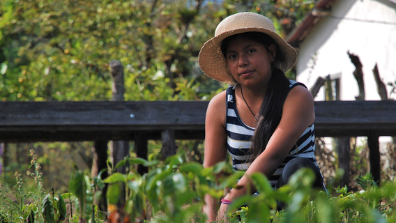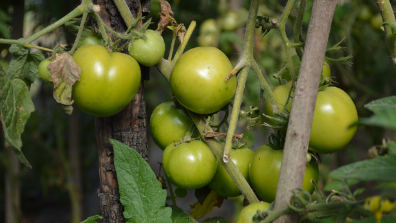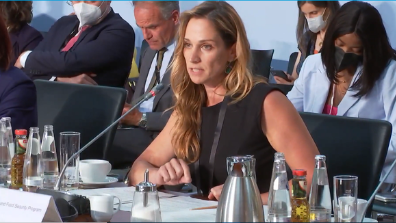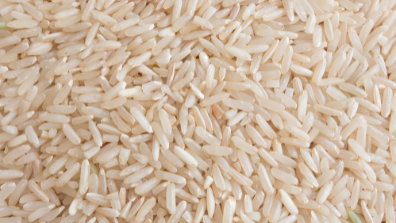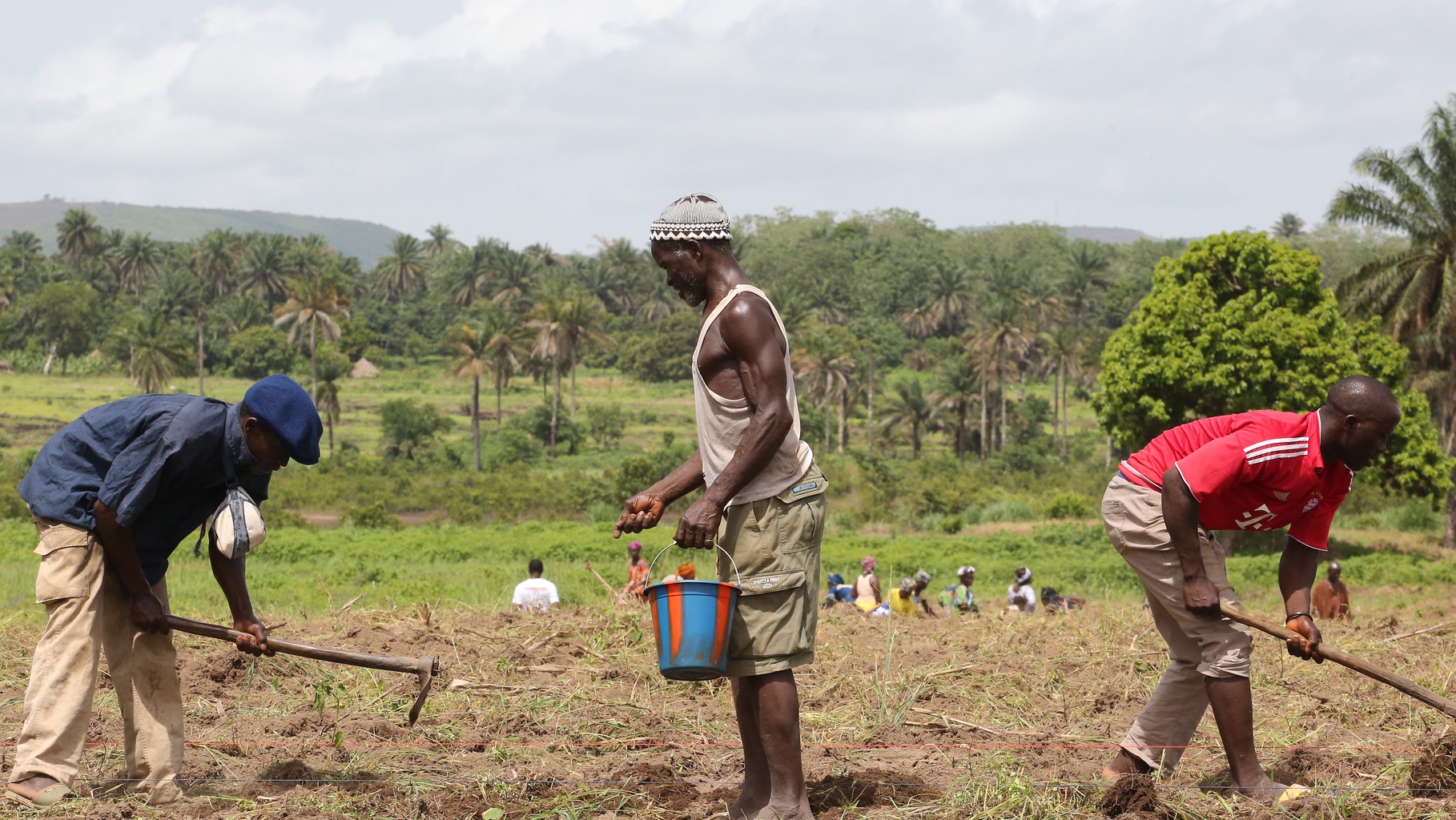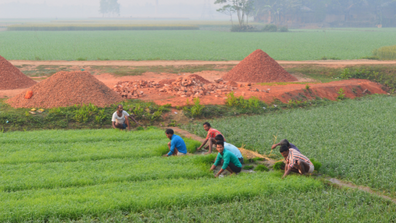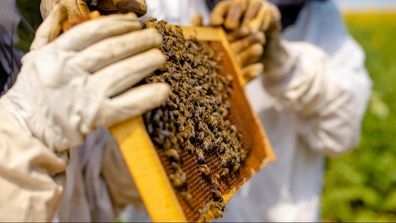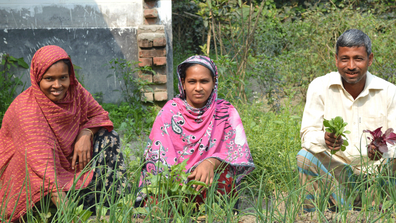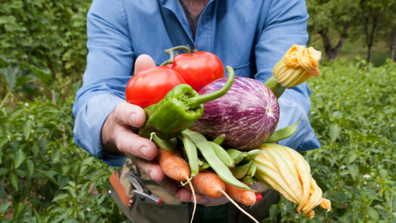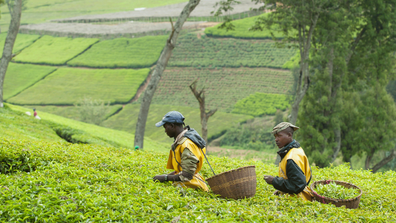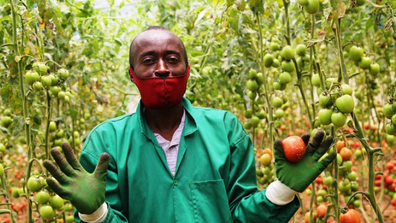Insight Series: Investing from Farm to Table to Feed the Future
Sr. Don Mariano Jiménez Talavera, former Honduran Ambassador & Permanent Representative to the Rome-based Agencies, gives his insight on working with the GAFSP. He explains why investing in agriculture is more critical now than ever before and how planning in the long-term, together with communities, can help us build resilience to future crises.
Spain Renews its Support for GAFSP
The Government of Spain recently pledged EUR 10 million for GAFSP, thereby renewing its commitment of support towards the program.
US Treasury Announces New Funding for Food Security
The United States announced a new contribution of US$155 million to GAFSP to support agricultural projects in the world's poorest countries.
GAFSP speaks at the landmark “Uniting for Global Food Security” Ministerial Conference
International leaders came together at the “Uniting for Global Food Security” Ministerial Conference to discuss global initiatives to address food insecurity stemming from the war in Ukraine. Corry van Gaal, Chair of the GAFSP Steering Committee, participated in a discussion on coordinating action in the Global Alliance for Food Security (GAFS).
Insight Series: More than a Grain of Strength in Mali’s Rice
Adama Doumbia from the World Food Programme and Missing Middle Initiative in Mali gives insight into his experiences working with GAFSP. Building up producer organizations and their capacity to remain independent has been key, he says.
For Donors, GAFSP is Helping Smallholders ‘Build Back Better’
Iris Krebber, chair of the GAFSP Private Sector Window Donor Committee and Head of Agriculture, Food Security, and Land at the UK Foreign, Commonwealth and Development Office, talks about the importance of blended finance for the agribusiness sector, her biggest development fears, and why, despite it all, she’s finally able to sleep at night.
Insight Series: Bouncing Back During Crisis in Bangladesh
Rita Bromo, Farmer Business Facilitator for the Missing Middle Initiative, and Obydul Haque, General Secretary of the Sara Bangla Krishak Society, give their insight on working with GAFSP. They explain how the support and ownership of the funding allowed the network to bounce back during crises.
Supporting Beekeepers to Restore Honey Production in Yemen
To improve smallholder beekeepers' productivity and resilience, a FAO project supported by the World Bank and funded by GAFSP, supported 700 small-scale beekeepers to enhance honey production.
Fact Sheet: Raising GAFSP's Ambition on Climate Change
Since 2010, GAFSP has supported the inclusion of climate change considerations across all program elements and, moving forward, GAFSP is deepening the integration of climate considerations and solutions across all operations.
GAFSP Elects New Leadership to its Steering Committee
GAFSP is pleased to announce the appointment of Canada and the United States as new Steering Committee Chairs.
Global Food Security Program Makes Climate Focus Official
Many GAFSP projects already had climate elements but this is the first time the program will require it. The move was driven by smallholder farmers, who are seeing the ill effects of climate change on their production and livelihoods.
Rwanda’s Greenhouses Bring Growth
Despite strong economic growth and falling poverty levels, Rwanda faces significant challenges in meeting food demands and food security. Farmer and father, Jean-Paul Kubwimana, defied these challenges, increasing his income by 15 times. Driving past a greenhouse full of healthy tomatoes, he decided to investigate how greenhouse tomatoes could benefit his family.
